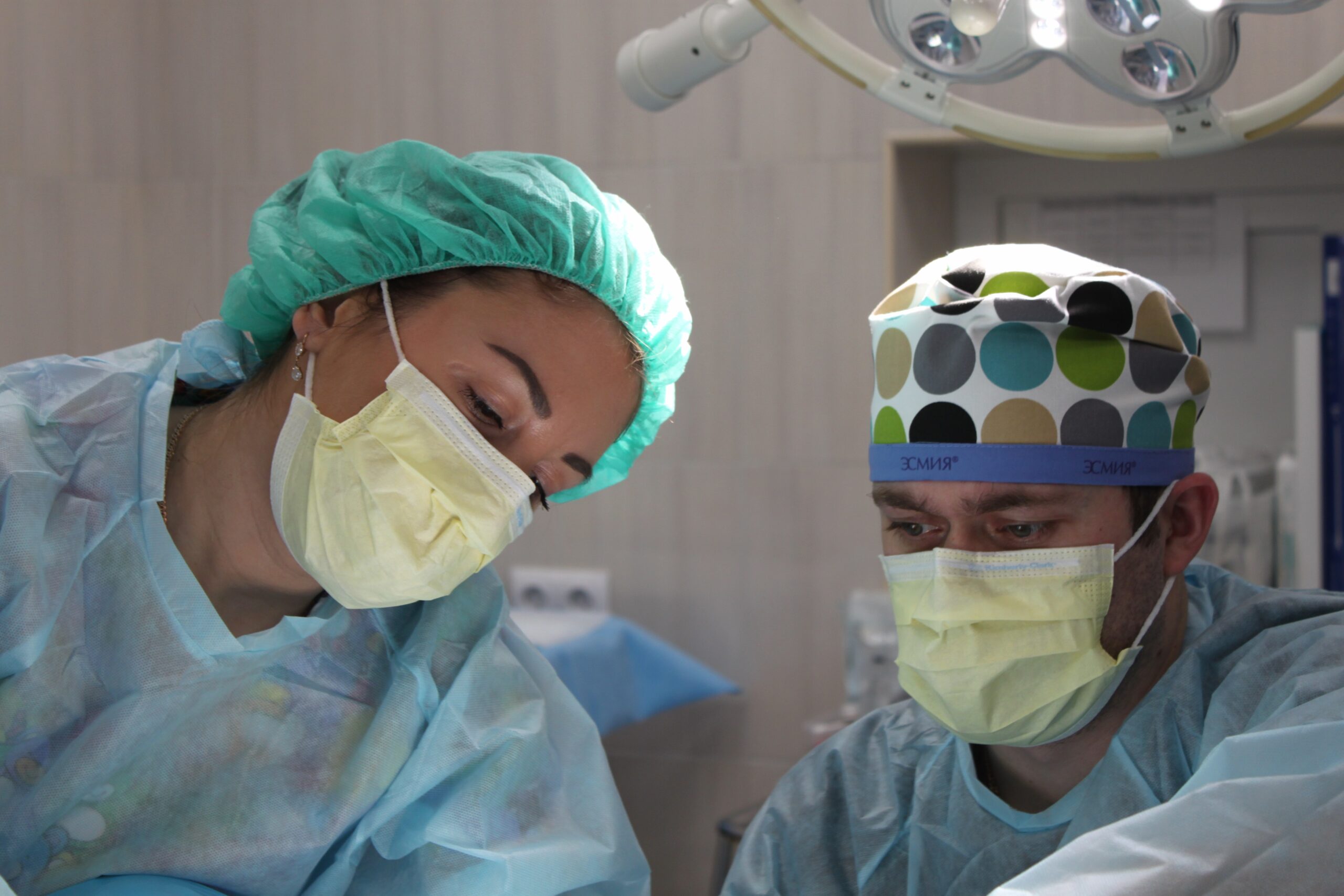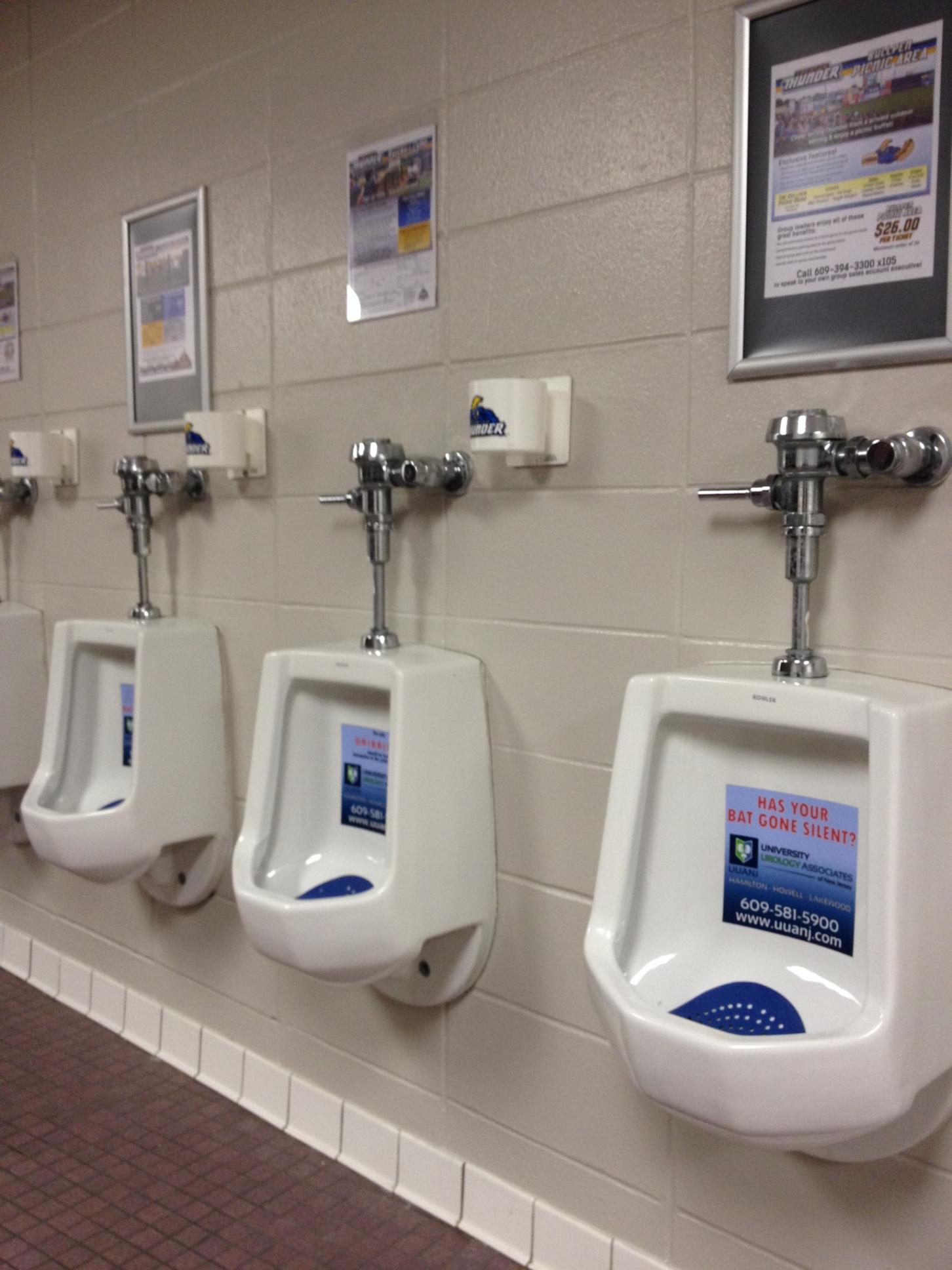The urinary system of the human body is extremely important, as it filters out toxins and allows the body to regularly flush and excrete them. Keeping this system healthy and free-flowing is essential in daily life and long-term health. Urology refers to the field of medicine that studies the human urinary tract, as well as the male reproductive tract. When posed with issues and illnesses, these may be harmful to your body’s overall health quality. Here are a few common urological diseases, and why you should be vigilant about treating them:
There are an estimated 15 million individuals in the United States who suffer from this disease. Although this is a minor problem, the daily lifestyles of people can be affected due to its bothersome nature. This ailment entails leaking urine prematurely, which the body has no control over. Incontinence is caused by diabetes, weak muscles around the urinary tract, and many other factors.
The most common treatment that is the least expensive is often just a lifestyle change, such as a better diet or more exercise and therapy. If the symptoms persist, it may be time to seek advice from a urologist to discuss corrective surgery.
Additionally, women may experience what is called stress incontinence more often than men would, which is when stressful situations can cause leakages from the bladder. This stress weakens supporting muscles and the valve muscles that keep the urethra closed. Treatment can range from lifestyle shifts all the way to artificial urinary sphincter implants to assist bladder integrity.
Overactive bladder (OAB) occurs when the bladder is unable to store urine, leading to sudden urination urges. Weakened bladder muscles are the cause of this, as they contract involuntarily. This is common in older individuals, as age weakens muscles all over their bodies. Neurological disorders, diabetes, as well as infections, and foreign objects that form in the bladder are also instigators of OAB.
The trick to dealing with OAB is to devise a schedule as to when to use the restroom to train the bladder to release at the right times. Medications also exist to treat this ailment.
Also known as UTIs, this is the most common urological disease, with occurrences frequently in women. With up to a 60% chance for women to experience a UTI at least once in their lifetime, this would be something to look out for. Symptoms of this ailment include burning sensations when urinating or frequently feeling the need to urinate.
This can be diagnosed by a doctor who will give treatment for it through antibiotics. Treating these infections should be done as soon as possible to avoid complications.
These foreign objects are crystal-like shard particles that are the product of unhealthy kidneys. These stones are extremely painful to excrete, as they are sharp and should not be part of the urinary tract in the first place. These normally block the pathways of urine excretion, with the probability of growing to be too big and requiring surgery.
Treating this illness is done best through prevention. Preventing kidney stones means diet shifts to less sodium and consuming a lot of water. Urologists may suggest extracorporeal shock wave lithotripsy (ESWL) that uses soundwaves to break down the stones into tinier pieces to be able to excrete them easier.
Urological diseases are extremely uncomfortable to live with, which is why it is recommended that people partake in lifestyle and diet changes in order to keep muscles strong and the different human body procedures healthy. Thankfully, modern medicine is here to help people live comfortable and healthy.
With the University Urology Associates of New Jersey, you are assured top-notch urology care from our professionals. Set an appointment with us today!
Disclaimer: All content found on the UUANJ.COM Website, including text, images, audio, or other formats were created for informational purposes only.
The content is not intended to be a substitute for professional medical advice, diagnosis, or treatment. Always seek the advice of your physician or another qualified health provider with any questions you may have regarding a medical condition. Never disregard professional medical advice or delay in seeking it because of something you have read on this website.
If you think you may have a medical emergency, call your doctor, go to the emergency department, or call 911 immediately.


